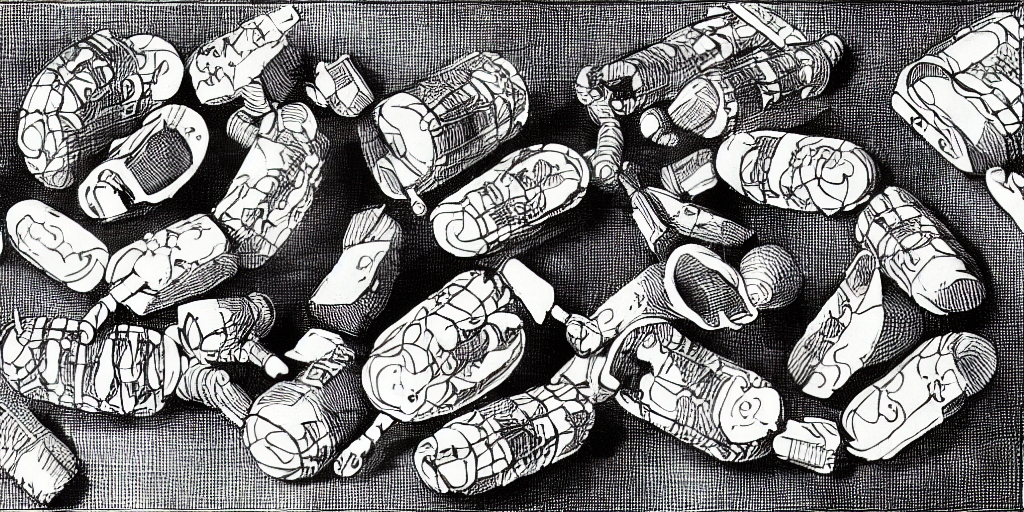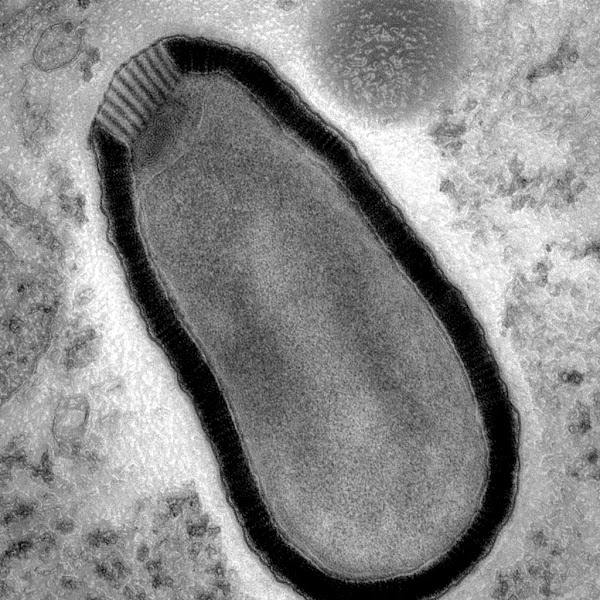What is Non-human Biologics?
"Non-human biologics" generally refers to biological substances, compounds, or products that originate from non-human sources, such as animals or microorganisms. These biologics are used for various purposes, including medical, research, industrial, and agricultural applications. They can include:
- Biopharmaceuticals: These are therapeutic substances produced using living organisms or their components. Examples include vaccines, monoclonal antibodies, and other protein-based drugs derived from animals or microorganisms.
- Enzymes and Proteins: Enzymes and proteins obtained from non-human sources are used in various industrial processes, such as food production, textiles, and biofuel production.
- Research Tools: Non-human biologics are often used as tools in scientific research. Antibodies, for instance, are used in laboratory studies to detect specific molecules or cells.
- Agricultural and Industrial Applications: Non-human biologics can be used in agriculture for pest control, plant growth enhancement, and disease management. They can also play a role in waste management and pollution control.
- Diagnostic Reagents: Non-human biologics can be used in diagnostic tests to detect specific markers or pathogens in clinical samples.
- Therapeutic Agents: Some non-human biologics have therapeutic potential for treating various diseases. For example, certain animal venoms or toxins might have medicinal applications.
Put differently, the phrase "non-human biologics" encompasses a wide array of possibilities. It even includes the intriguing concept of extraterrestrial life forms, although it's crucial to avoid misconstruing this as definitive evidence of extraterrestrial beings having made contact with Earth.
To elaborate, when we discuss "non-human biologics," we are delving into a realm that spans a multitude of biological entities originating from sources beyond the human domain. This encompasses diverse forms of life, ranging from animals, microorganisms, and plants to potentially even organisms originating from other planets.
However, it's important to exercise caution and not jump to conclusions. While the term might encompass the notion of life forms not originating from Earth, it does not inherently signify the existence or visitation of aliens on our planet. Rather, it points to the broader concept of biological substances or entities originating from non-human sources, including those that might exist beyond our world.
In essence, the term "non-human biologics" serves as an umbrella concept that invites exploration of the extraordinary diversity of life beyond what is familiar to us. This exploration might extend to the intriguing possibility of extraterrestrial life, but it should not be misconstrued as irrefutable evidence of interstellar visitors. Rigorous scientific investigation and evidence-based reasoning remain paramount in any discourse related to the presence of extraterrestrial life forms.
And since we are already on this conversation, you should also know that: You will never meet an alien!










